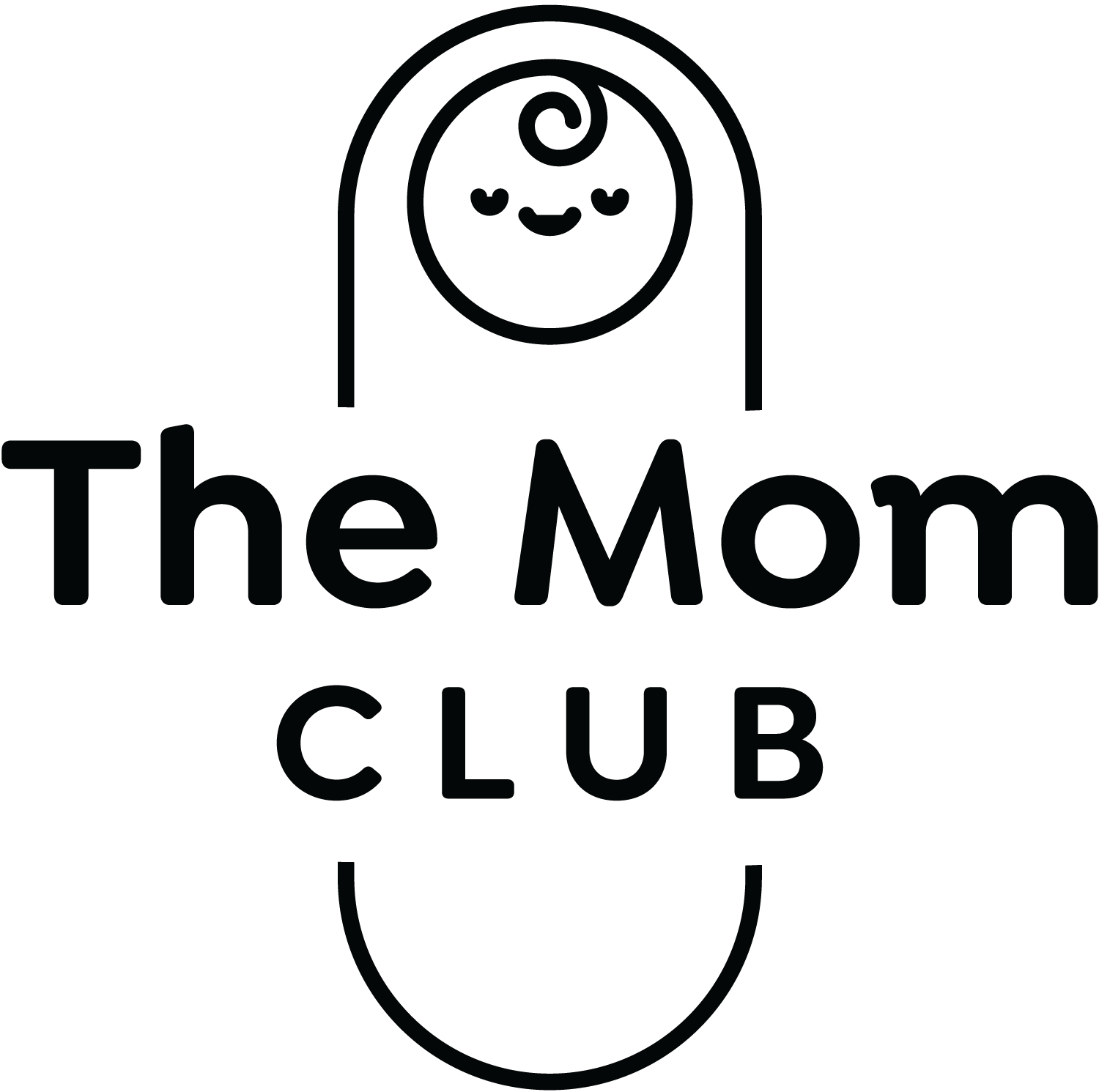Pregnancy is an exciting journey, but it comes with a variety of symptoms that can vary from person to person. Understanding what to expect and how to manage common symptoms can help you feel more prepared and supported.
Early Pregnancy Symptoms (Weeks 1-12)
-
Missed Period – Often the first sign of pregnancy, though some women may still experience light spotting.
-
Morning Sickness – Nausea and vomiting can occur at any time of the day. Ginger and small, frequent meals may help ease symptoms.
-
Fatigue – Increased progesterone levels can make you feel exhausted. Rest and proper hydration are key.
-
Breast Tenderness – Hormonal changes may cause sensitivity or soreness.
-
Frequent Urination – The growing uterus puts pressure on the bladder, leading to more trips to the bathroom.
-
Food Cravings or Aversions – You may develop strong preferences for certain foods or sudden dislikes of others.
Second Trimester Symptoms (Weeks 13-26)
-
Increased Energy – Many women feel a boost in energy and overall well-being.
-
Round Ligament Pain – As your belly grows, you may feel sharp pains or stretching sensations in your lower abdomen.
-
Skin Changes – Some women develop a "pregnancy glow," while others may notice darkening skin patches (melasma).
-
Backache – Extra weight and shifting posture can contribute to lower back pain. Prenatal yoga and stretching can help.
-
Baby Movements – Around 18-22 weeks, you’ll likely start feeling your baby move!
Third Trimester Symptoms (Weeks 27-42)
-
Shortness of Breath – Your growing uterus can press against your diaphragm, making it harder to breathe deeply.
-
Swelling (Edema) – Fluid retention can cause swelling in your feet and hands. Staying hydrated and elevating your legs can help.
-
Heartburn – Hormones relax the digestive system, leading to acid reflux. Eating smaller meals and avoiding spicy foods may provide relief.
-
Braxton Hicks Contractions – These "practice contractions" can feel like mild tightening in your belly.
-
Frequent Urination & Pelvic Pressure – As your baby drops lower, pressure on your bladder increases.
Helpful Things to Know
-
Prenatal Vitamins Matter – Taking a high-quality prenatal vitamin ensures you’re getting essential nutrients like folate, iron, and DHA.
-
Hydration is Key – Drinking plenty of water helps with digestion, circulation, and preventing swelling.
-
Listen to Your Body – If you experience unusual pain, severe swelling, or reduced baby movement, always consult your healthcare provider.
-
Birth Plan & Hospital Bag – Around 34-36 weeks, it’s helpful to prepare a birth plan and pack your hospital bag.
-
Postpartum Recovery is Just as Important – Your body needs time to heal after birth, so be kind to yourself and seek support when needed.
Pregnancy is a unique experience for everyone, and no two journeys are the same. Understanding the symptoms and knowing how to manage them can make the process smoother. If you're ever unsure about something, always reach out to a healthcare provider for guidance!




Leave a comment
This site is protected by hCaptcha and the hCaptcha Privacy Policy and Terms of Service apply.